Vlad Nazdrachev, 21
From:
Gorlovka, Donetsk Region, Ukraine
Lives in:
Gornozavodsk, Sakhalin Region, Russia
Interests:
cars, racing, technology, fishing, snowboarding
Status:
I have dreamed of being a racecar driver since I was little. In reality, I had to help my parents with money. I was 16, and had just finished my first year of technical school, when the war started and my parents decided to flee to Sakhalin. My mom is from here. But if you don’t have a Russian passport, too bad for you. And I didn’t have one.


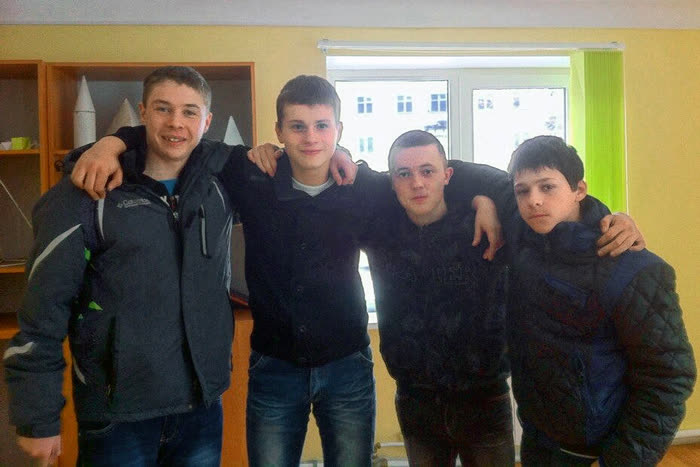
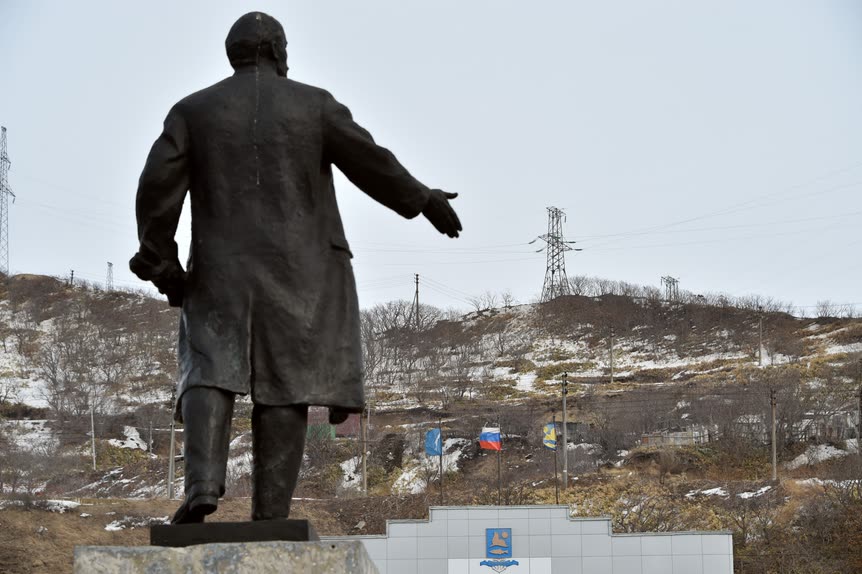
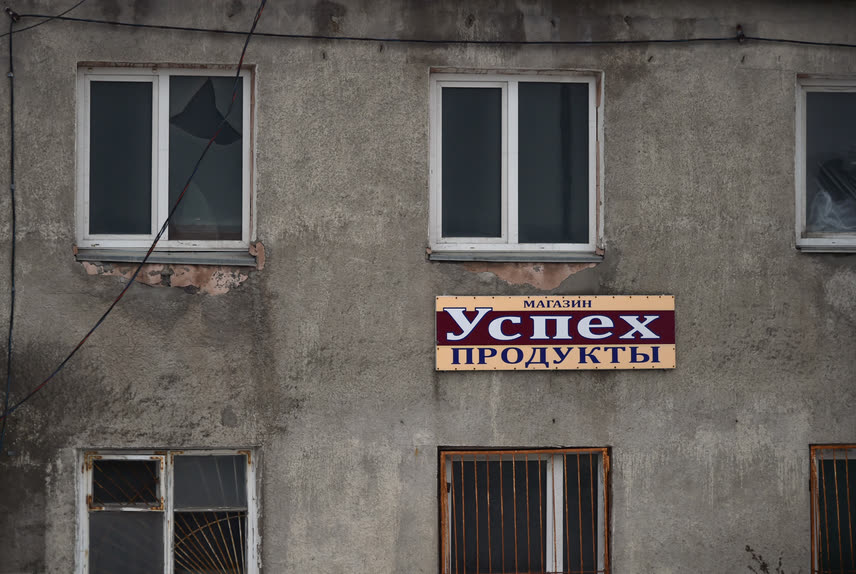
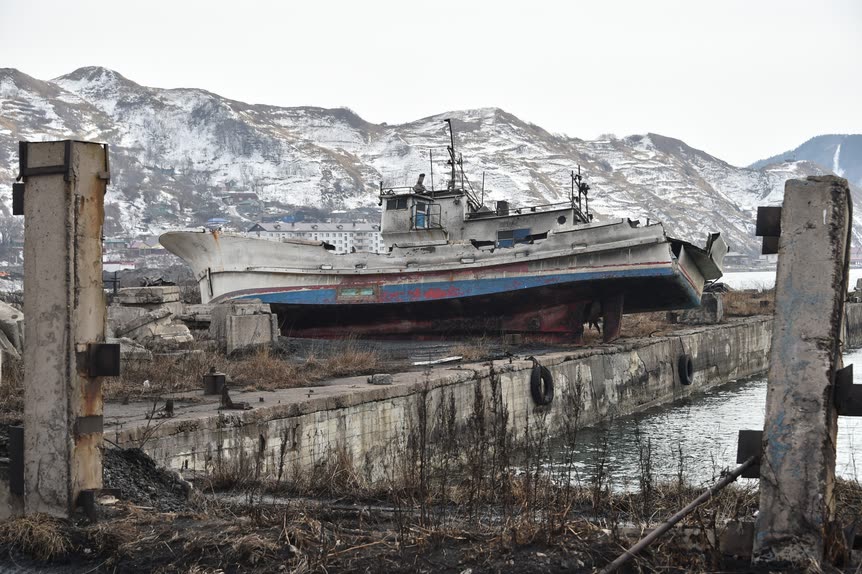
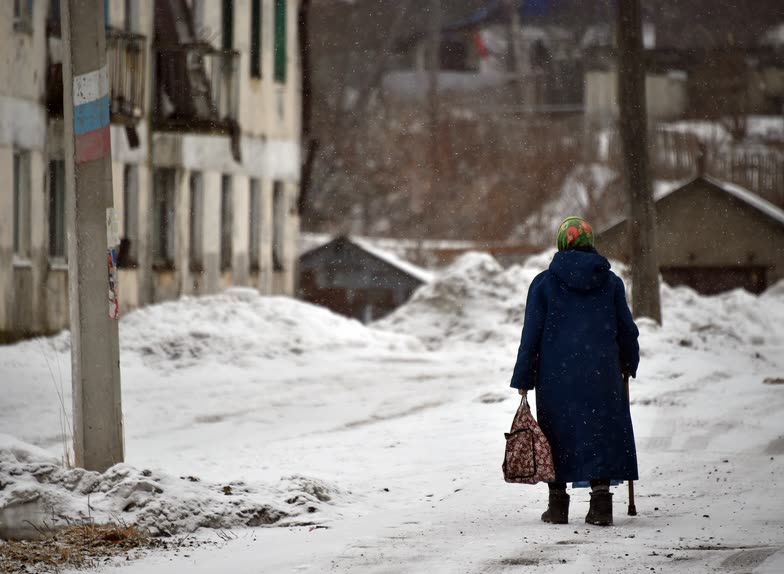

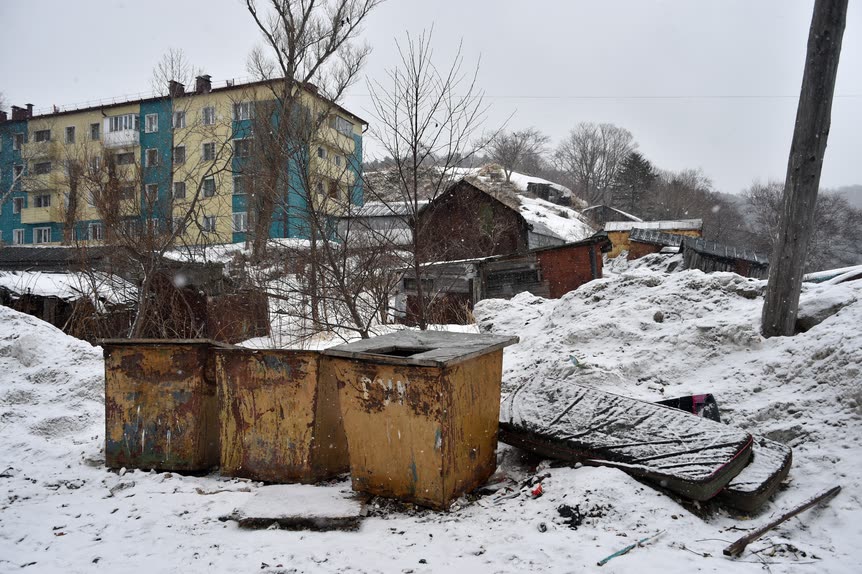



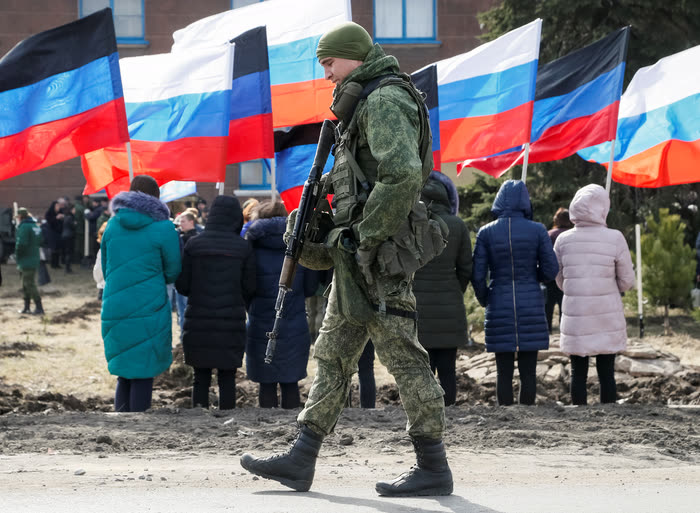
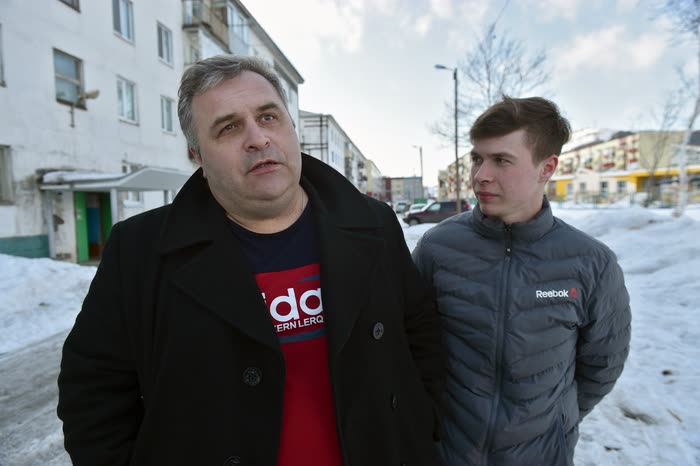
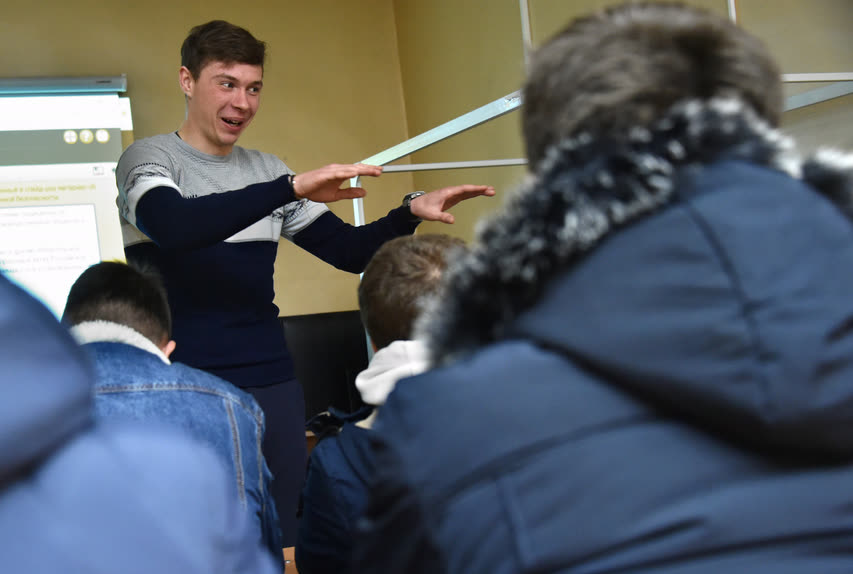
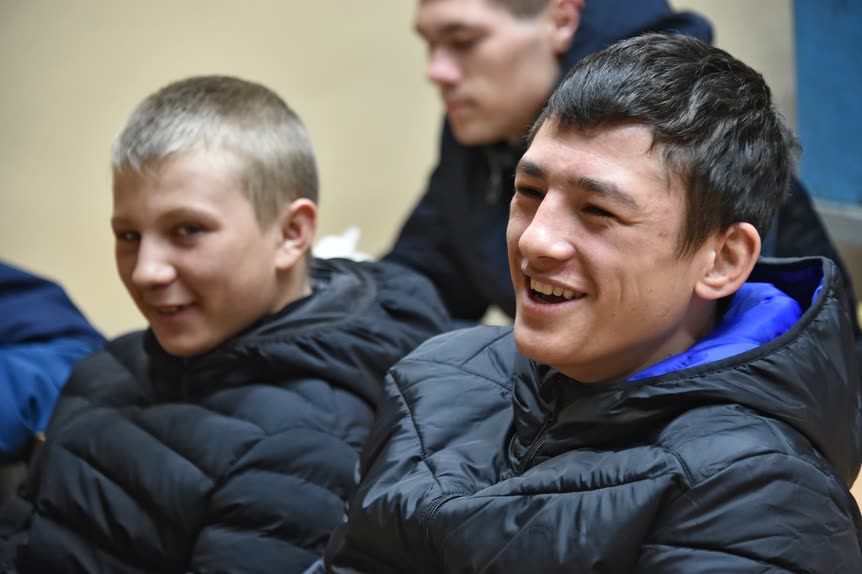

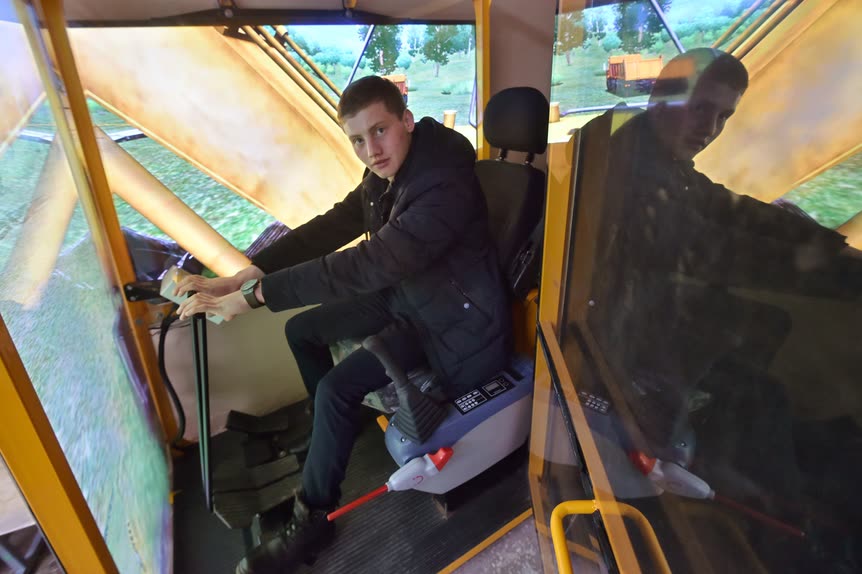
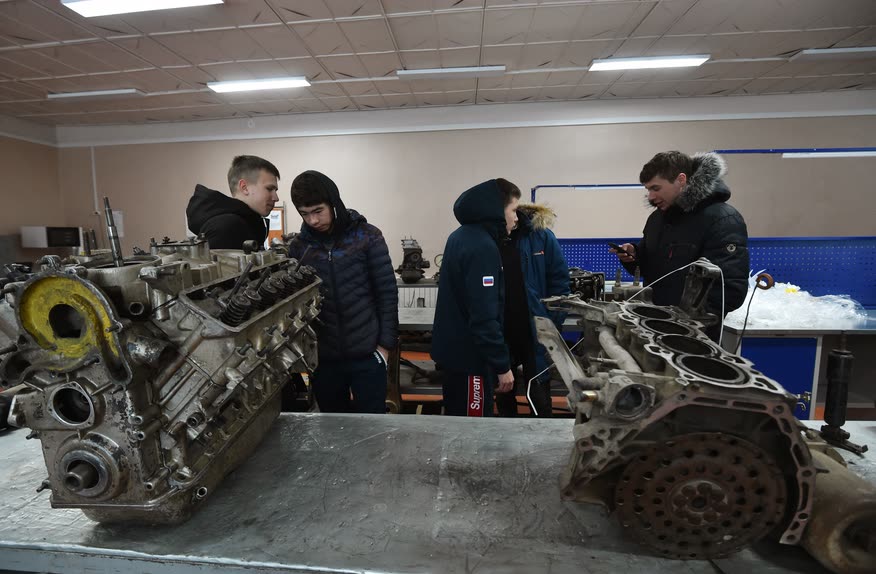
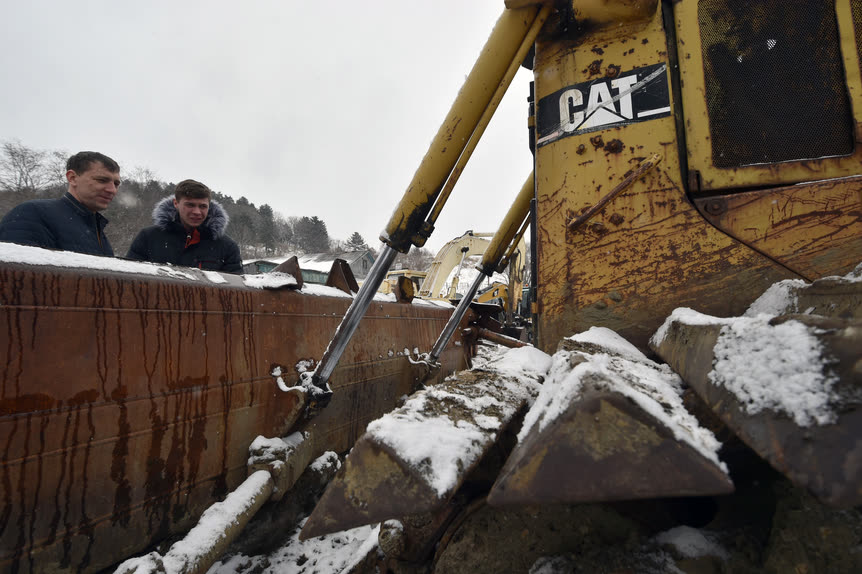
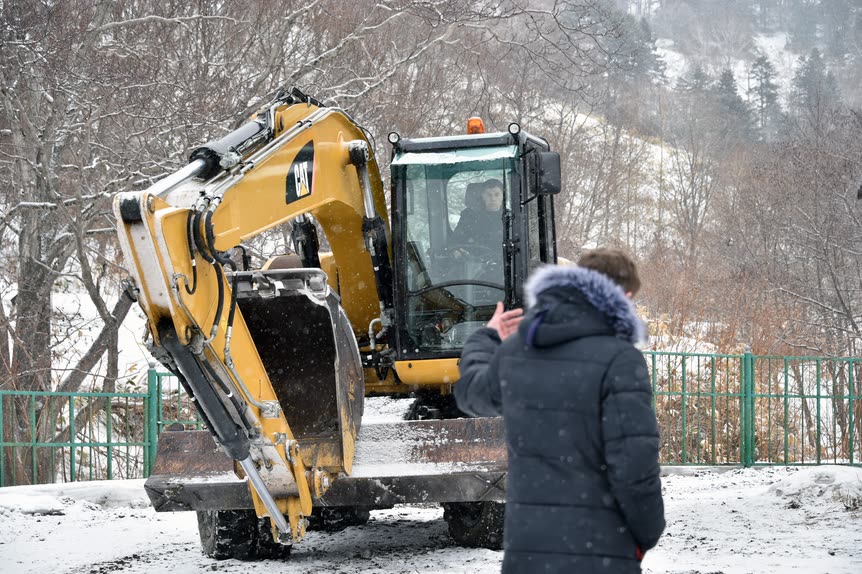

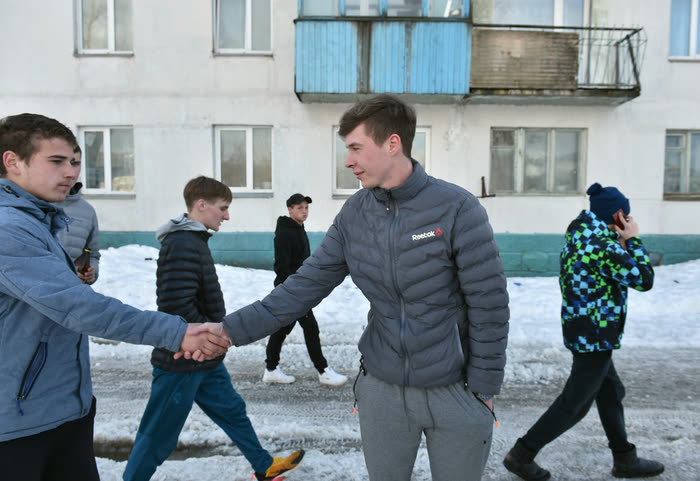
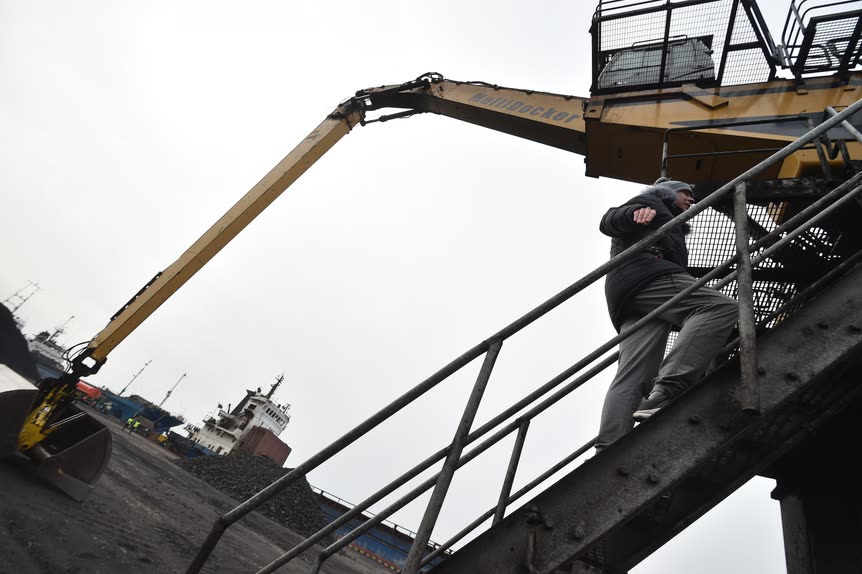
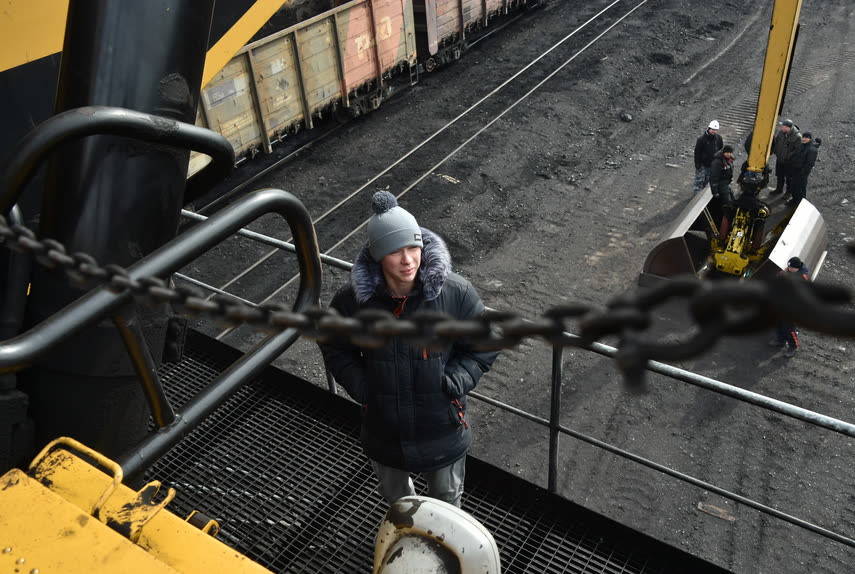
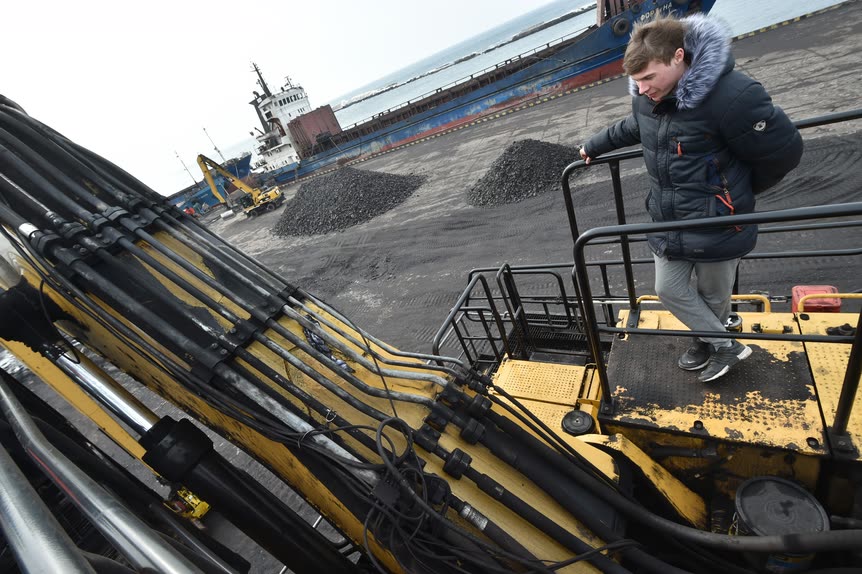
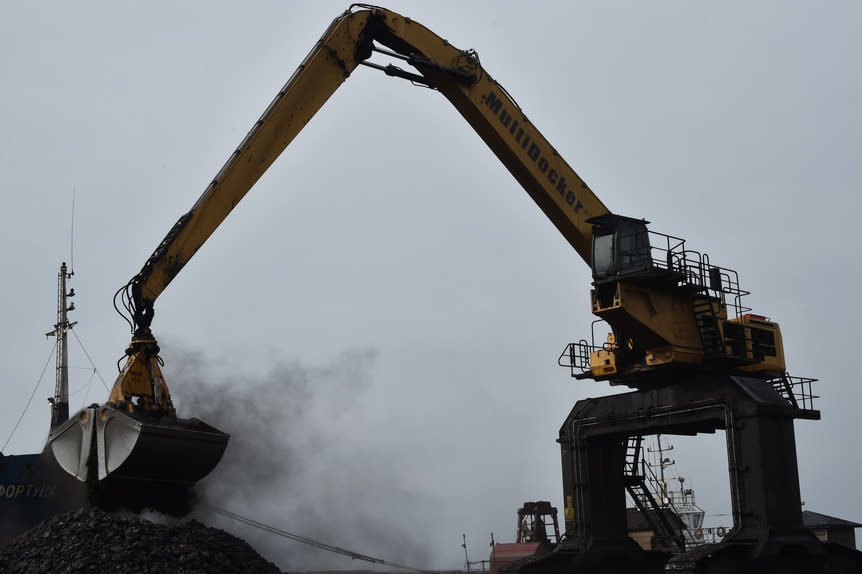
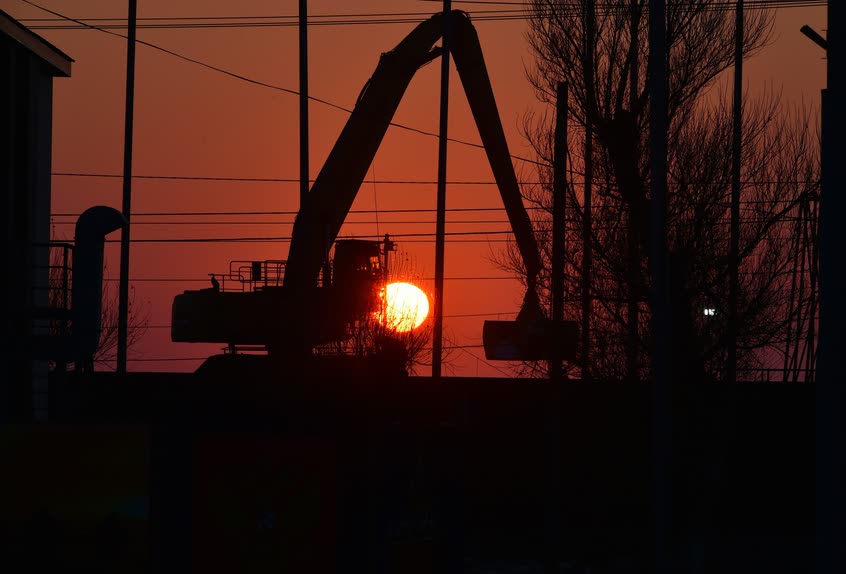
Commentary
How People from Donbass Found Refuge in Russia
How People from Donbass Found Refuge in Russia
According to the Russian Federal Migration Service, 8.5 billion rubles were allocated for the provision of temporary accommodation centers in 2014-2015, out of a total of 13.5 billion rubles for the urgent social needs of Ukrainian citizens who fled to Russia. In total, more than 700 temporary accommodation centers were opened in 69 regions of the Russian Federation. In 2014, there were 51,345 people in them. A maximum of 800 rubles was allocated for food and accommodation for one person in a center. In 2015, the centers began to be closed, and people were sent to dormitories and boarding houses in various regions of Russia, under a Russian government order dated July 22, 2014. The document affected 180,00 people in 2014 and 2015.
According to the Interior Ministry, the flow of Ukrainian citizens who seeking refuge in Russia stopped in 2016 as the majority of them obtained Russian citizenship, settled with relatives or returned to Ukraine. Therefore, the government closed the temporary shelters on January 1, 2017.
According to the Russian Interior Ministry, between March 2014 and November 2018, 1,089,618 Ukrainian citizens entered Russia from the eastern part of the country. Of these, 337,679 people were granted Russian citizenship, and 416,917 were granted temporary asylum. According to official statistics, as of January 1, 2019, 140 citizens of Ukraine were granted refugee status, 75,000 people had temporary asylum (compared to 91,000 in 2018). In total, according to the ministry, there are 1.97 million Ukrainian citizens in Russia.
According to the Interior Ministry, in November 2018, the regions hosting the largest number of Ukrainian citizens (more than 500) who have been granted asylum in Russia are Krasnodar, Krasnoyarsk, Stavropol and Primorsky Krai, Arkhangelsk, Bryansk, Vladimir, Voronezh, Kaluga, Leningrad, Lipetsk, Moscow, Murmansk, Nizhny Novgorod, Novosibirsk, Rostov, Smolensk, Samara, Saratov, Tula, Tyumen, Khanty-Mansiysk and Yamalo-Nenets Autonomous Districts, and the City of Moscow and St. Petersburg.
Read more...